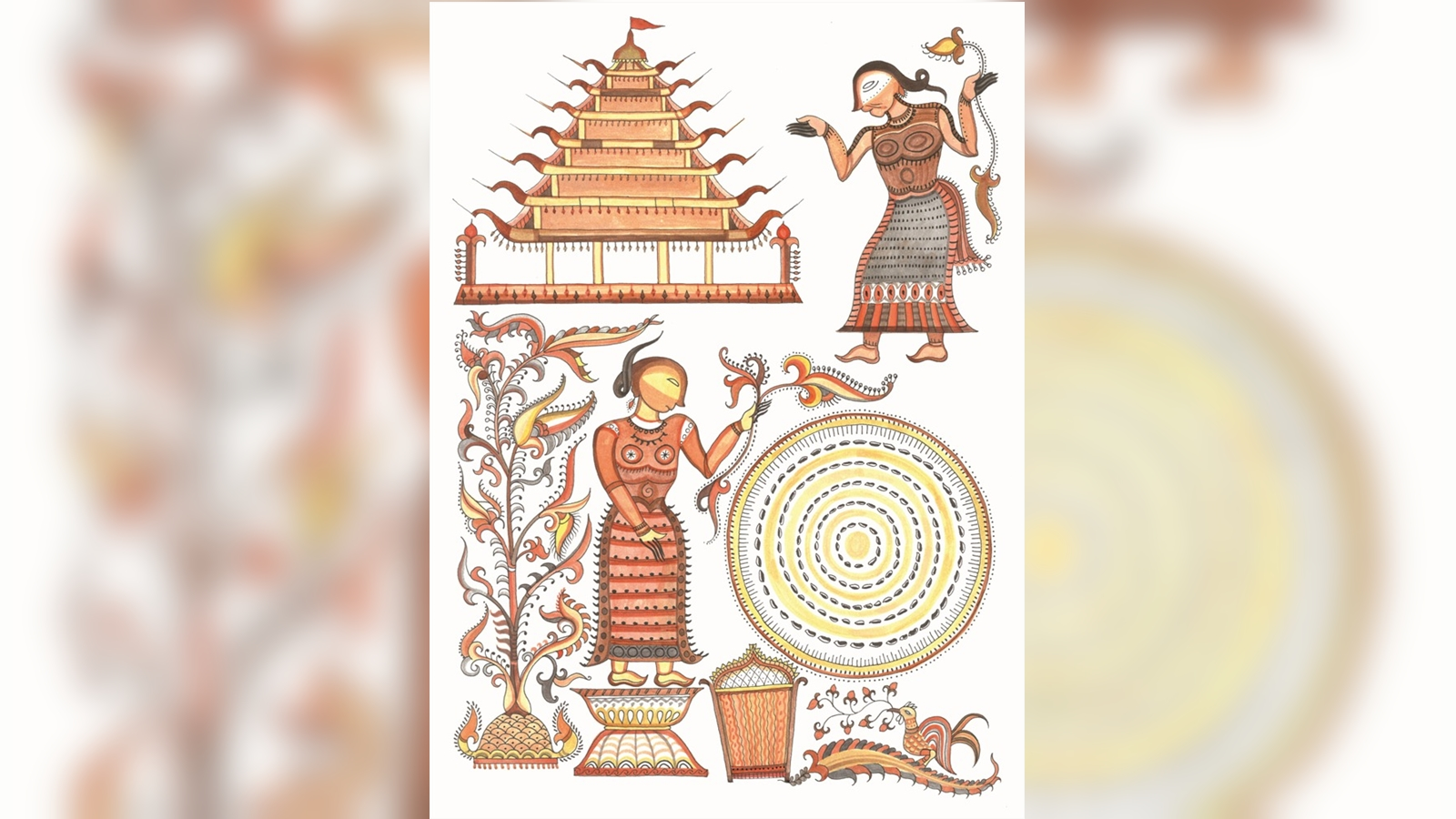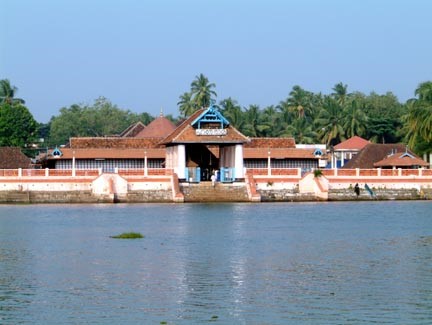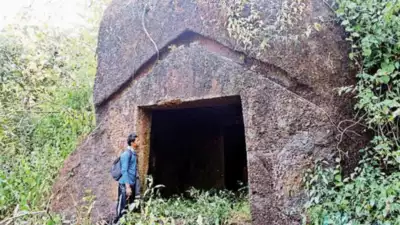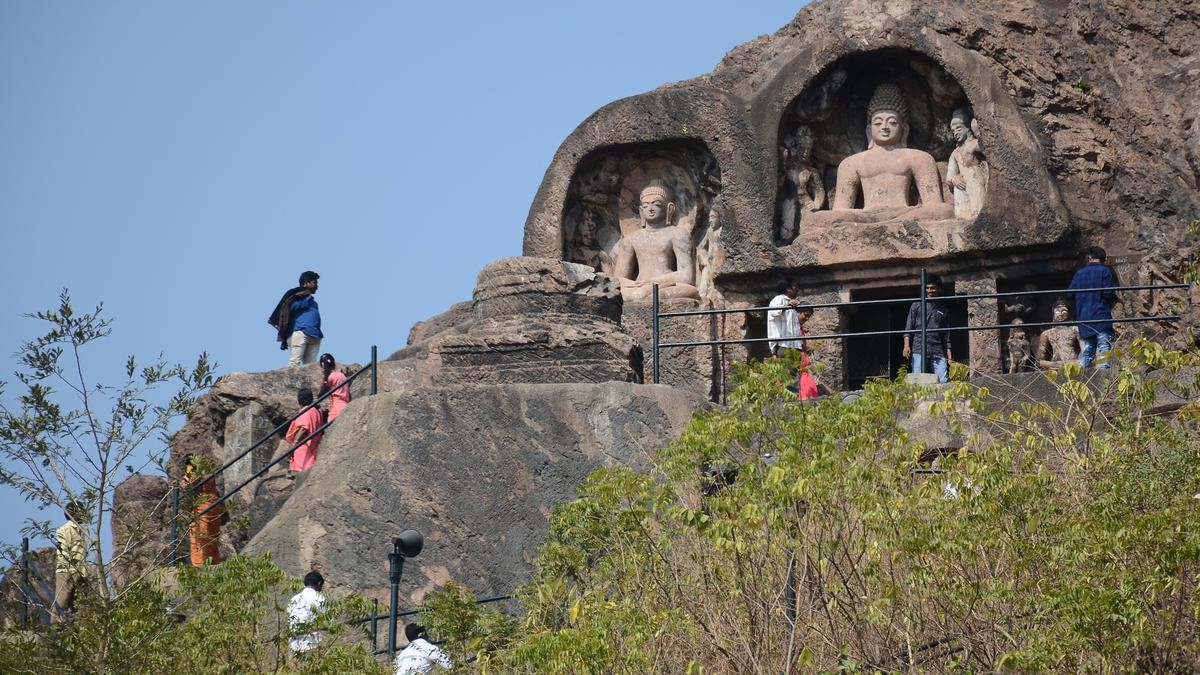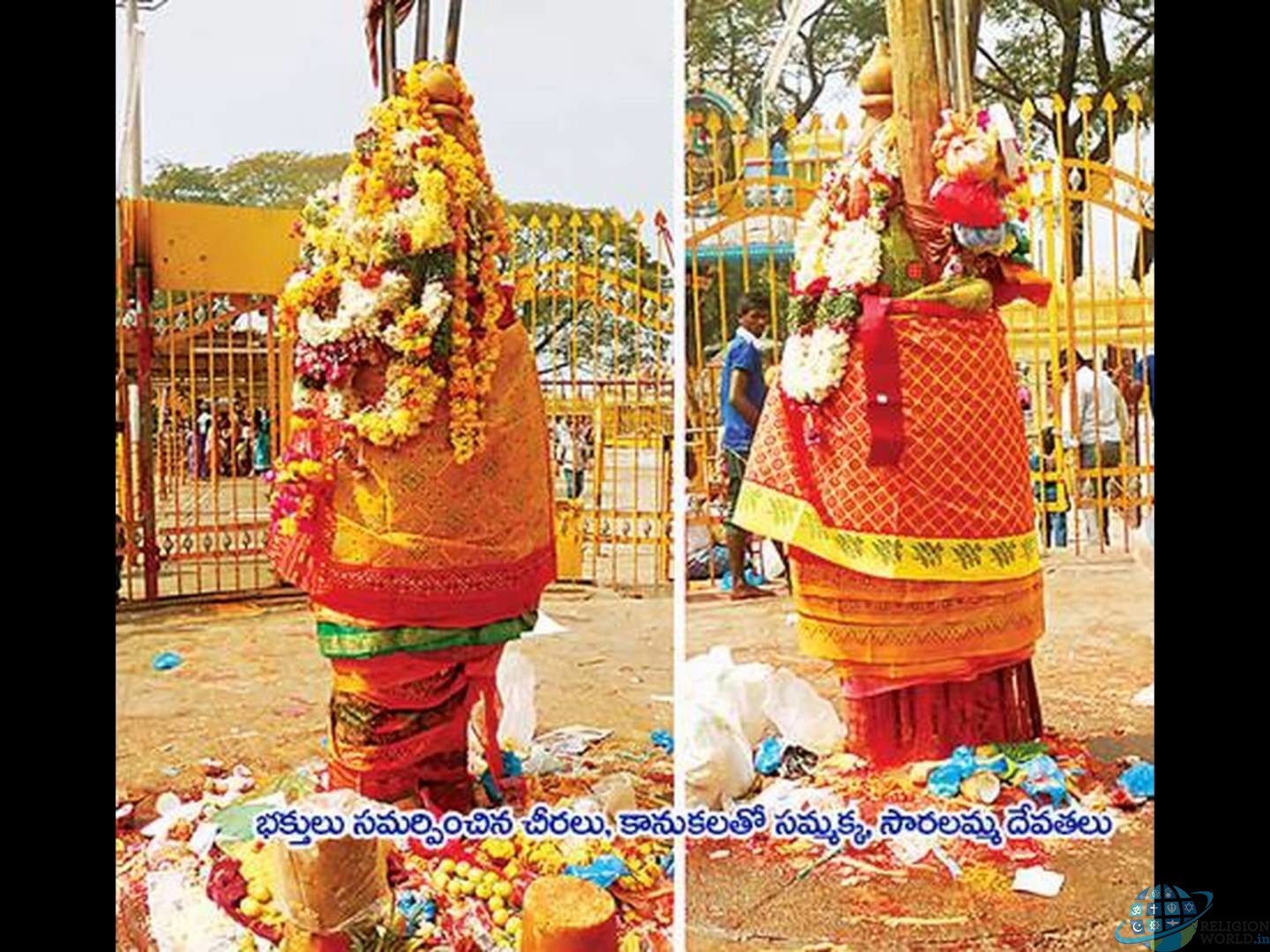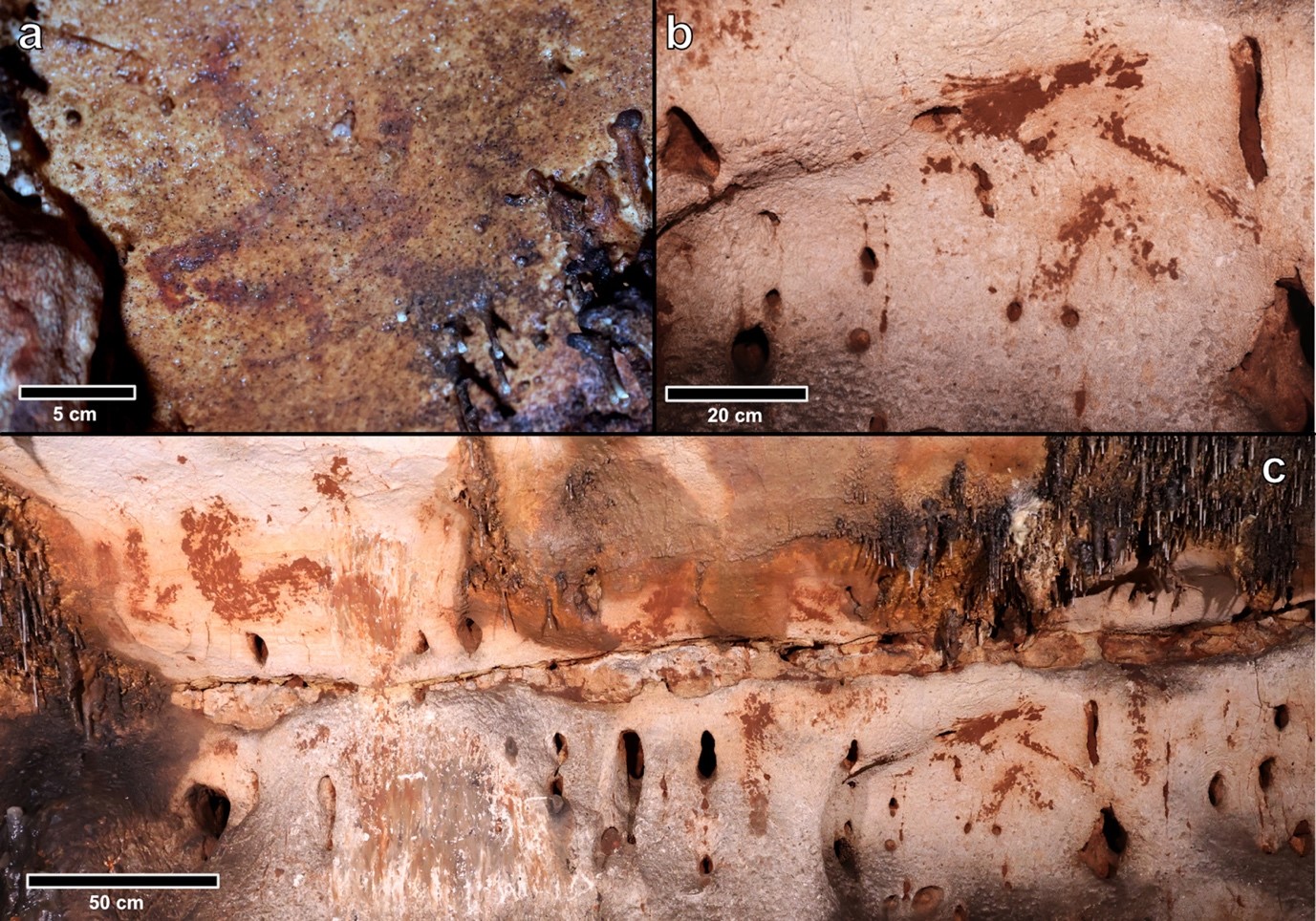Description
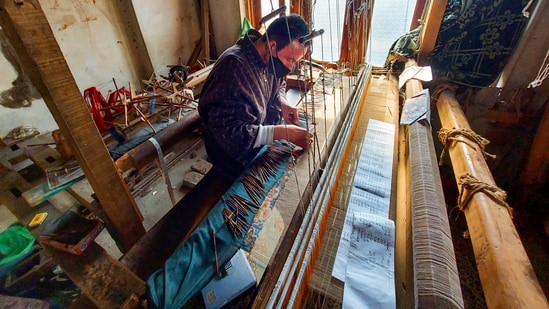
Disclaimer: Copyright infringement not intended.
Context
- The traditional craft of Basohli Pashmina, a revered textile art form from the picturesque region of Jammu and Kashmir, has achieved a significant milestone by receiving the Geographical Indication (GI) tag.
- In collaboration with various stakeholders, the Department of Industries and Commerce, along with NABARD Jammu and the Human Welfare Association in Varanasi, has played a pivotal role in securing the GI tag for Basohli Pashmina.
Details
The Origin of Pashmina
- Changthangi Goats: Pashmina is sourced from the downy undercoat of Changthangi mountain goats (Capra hircus).
- Changthang Plateau: These goats are primarily found in the Changthang Plateau, which stretches across Tibet and parts of Ladakh.
- Changpa Community: The Changpa, a nomadic community inhabiting the Changthang plateau, are traditional producers of Pashmina wool. They have nurtured the craft for generations.
- Centuries-Old Tradition: Basohli Pashmina boasts a rich heritage, deeply rooted in the history of the Kathua district in Jammu and Kashmir.
Basohli Pashmina: An Artisanal Treasure
- Distinctive Qualities: Basohli Pashmina is celebrated for its extreme softness, fine texture, and lightweight nature.
- Natural Insulation: It possesses excellent insulating properties, making it a sought-after textile for both warmth and comfort.
- Longevity: Basohli Pashmina products are known for their extended lifespan, a testament to the craftsmanship and quality.
Product Range
- Shawls: Basohli Pashmina shawls, designed for both men and women, epitomize elegance and luxury.
- Mufflers: These accessories combine style and warmth, making them a versatile addition to any wardrobe.
- Blankets: Pashmina blankets provide comfort and coziness, ideal for chilly nights.
- Basketry: Beyond clothing, Basohli Pashmina is also used in crafting exquisite baskets, showcasing the versatility of this unique textile.
.jpg)
Conclusion
Pashmina, with its origins in the remote Changthang Plateau and its association with the skilled Changpa community, embodies the essence of luxury, tradition, and craftsmanship. This exceptional fiber, celebrated for its softness, fineness, and warmth, continues to grace fashion runways and adorn individuals worldwide. It is imperative to safeguard the heritage of Pashmina by supporting sustainable practices and promoting its authenticity, ensuring that future generations can revel in the timeless elegance of this prized textile.
|
PRACTICE QUESTION
Q. Which of the following statements about Basohli Pashmina is true?
- Basohli Pashmina is primarily produced in Varanasi, India.
- It is obtained from the undercoat of Changthangi mountain goats.
- Basohli Pashmina is known for its coarse texture and heavy weight.
Options:
a. Only statement 1 is true.
b. Statements 2 and 3 are true.
c. Only statement 2 is true.
d. Only statement 3 is true.
Answer: c
|








